Why We Need More Honeybee Veterinarians
Honeybees are the most important food animals on the planet, and they need our help now more than ever.
2 min read
Abby Crimm : January 27, 2021 8:00:00 AM PST
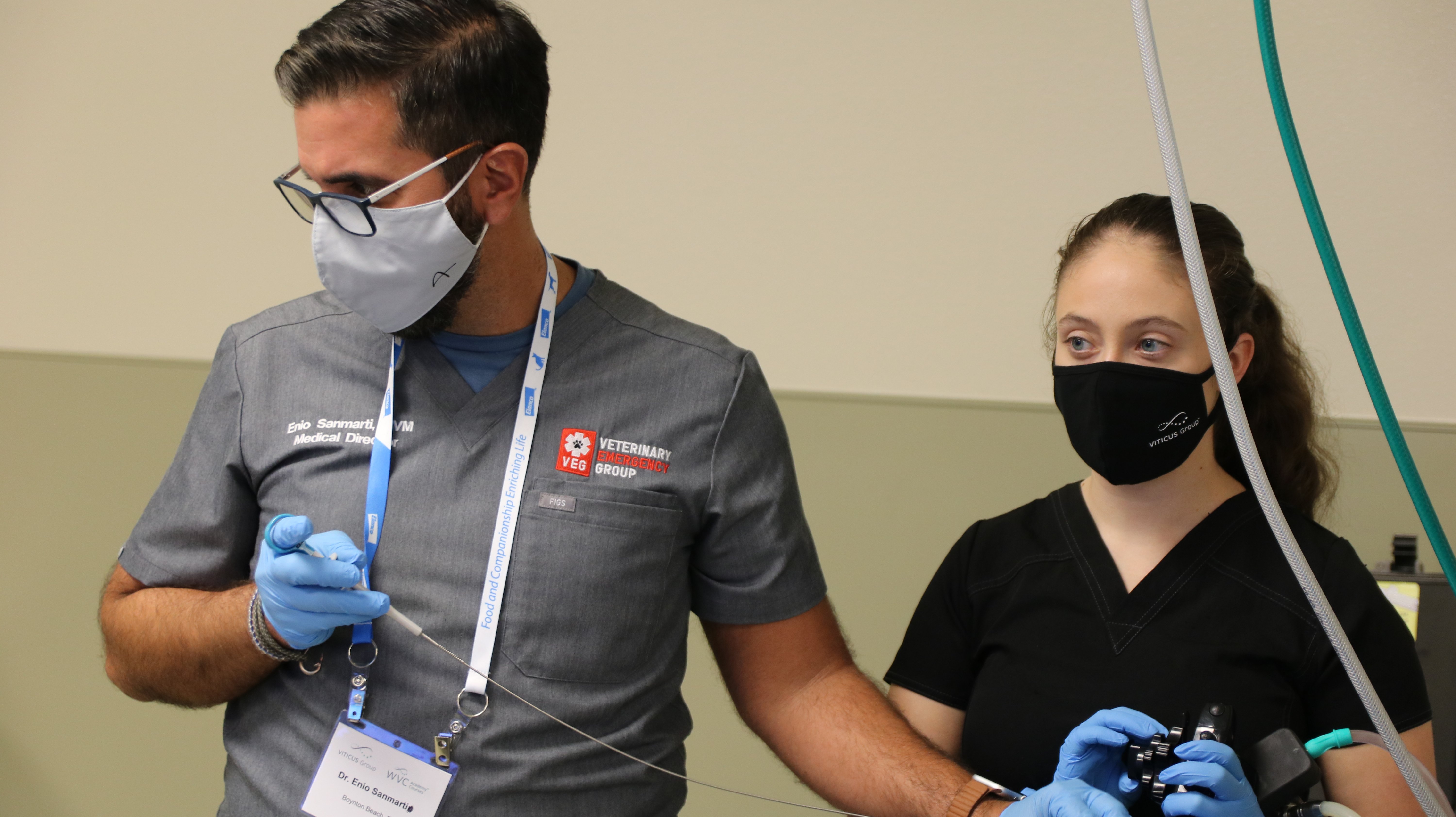
Hands-on training + expert instructors = enhanced proficiency and improved endoscopy skills. Learn what's new in endoscopy equipment & technique to better apply it at your practice.
When we think of endoscopy, our minds naturally go to gastrointestinal (GI) procedures, but endoscopy is an effective diagnostic tool for investigating multiple body systems. Are you using this tool to your full advantage?
Here are some thing to think about when evaluating your team's endoscopy offerings:
Understanding your equipment's capabilities will greatly enhance your capabilities. The tools are only as useful as whoever is wielding it, after all.
Many beginner endoscopists are unfamiliar with the various controls and have limited experience with what their equipment can do. This is like using a smartphone for text and calls only–it negates the purpose of having the device.
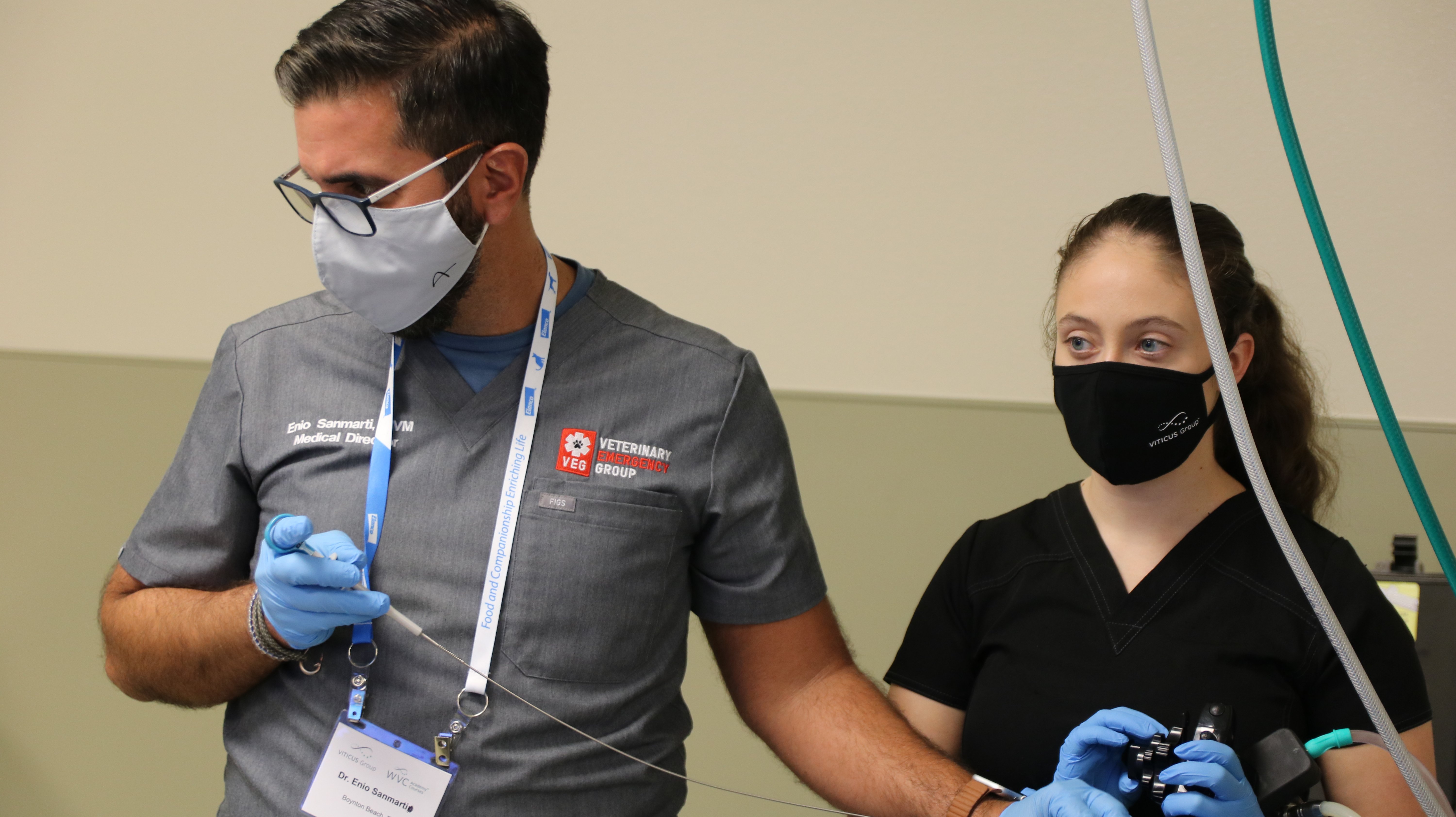
Learn to know what all the buttons and channels on your scope are and you will greatly improve the endoscopic experience!
There is nothing more frustrating than suddenly having to rummage through cupboards or under tables for those biopsy forceps or grasping instruments that you suddenly realize you need during the procedure.
It helps to have an endoscopic team, with veterinary technicians or assistants who are familiar with the endoscopic procedures and know what you will need. This requires training and pre-procedural planning, especially in the beginning when the team is learning.
Another sort of planning that is just as necessary is helping the client plan for the patient. A stomach full of food or a colon full of feces makes endoscopy frustrating.
Make sure that you are greeted by a clutter-free gastrointestinal tract by ensuring that your patients are adequately prepared. It helps to admit these patients 24-48hours before the procedure to achieve adequate planning.
You also need to plan for and discuss complications such as oesophageal rupture after a foreign body retrieval, and it helps to discuss the possibility of stomach tube placements with the clients.
There's no substitute for in-person practice with a procedure. It's the fastest way to learn the most up-to-date techniques, navigate equipment, and simply improve your endoscopy performance.
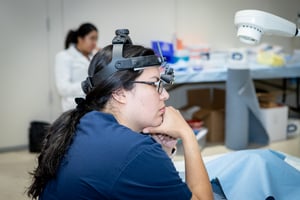
Because hands-on training matters, we offer multiple flexible & rigid endoscopy wet lab courses that allow veterinarians to come practice in a clinical environment. You become comfortable and confident in performing the procedure, receiving instruction from top experts in veterinary medicine.
Dr. Tams, along with instructors Dr. Steven Marks and Dr. Lynette Cole, is a repeat instructor at the Viticus Center because he knows how valuable hands-on labs are in improving endoscopic outcomes for patients.
This course combines flexible GI endoscopy and rigid endoscopy to create a comprehensive 4-day course comprised of lecture and hands-on lab covering the following areas:
Learn More!
Subscribe to our YouTube channel or check out our Resource Library full of great podcasts, videos, and digital downloads!
Disclaimer
Content may contain advertising and sponsorships. Advertisers and sponsors are responsible for ensuring that material submitted for inclusion is accurate and complies with applicable laws. We are not responsible for the illegality of any error, inaccuracy, or problem in the advertiser’s or sponsor’s materials.
Advertising material and/or opinions are not a reflection on Viticus Group.
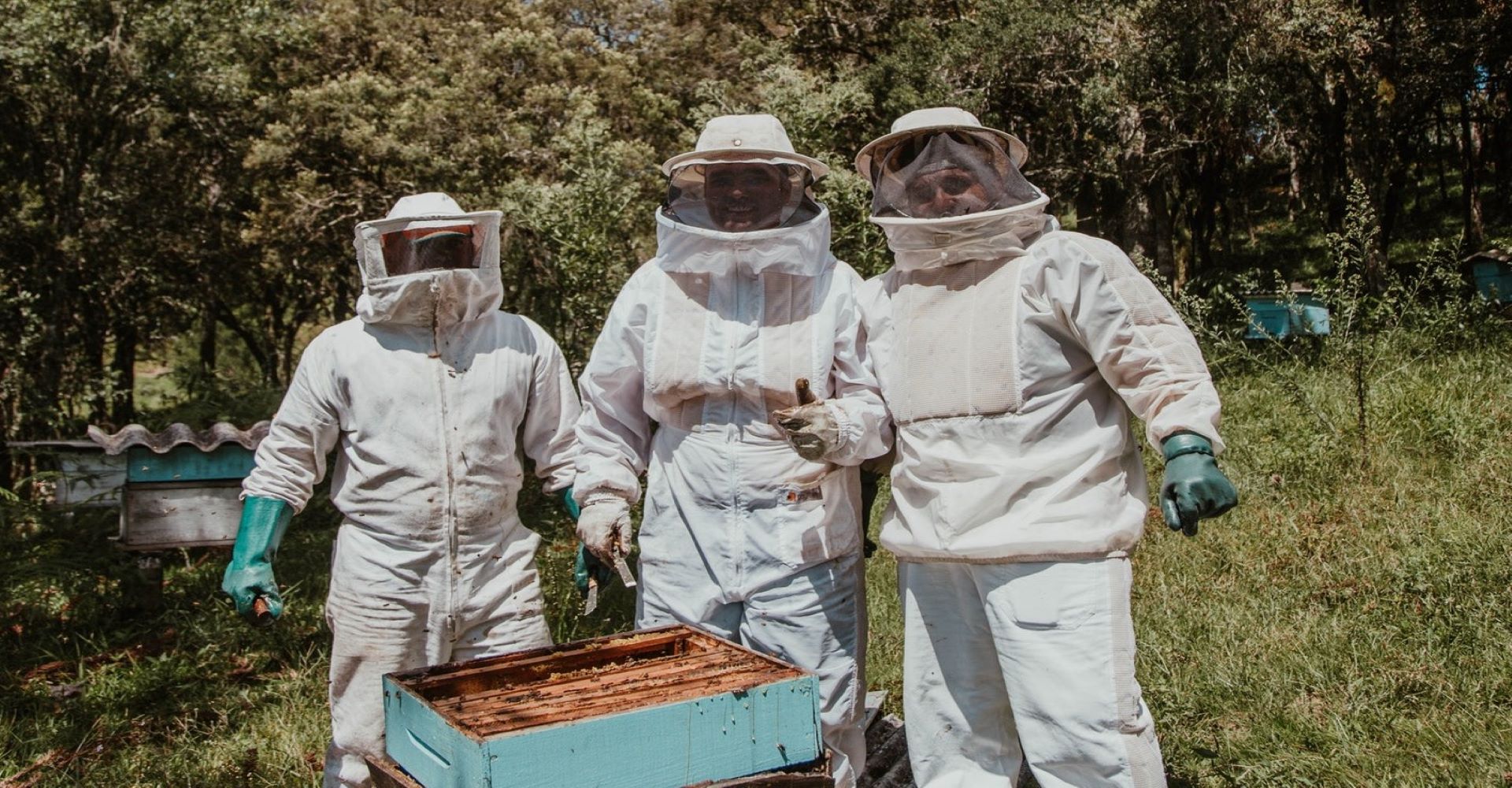
Honeybees are the most important food animals on the planet, and they need our help now more than ever.
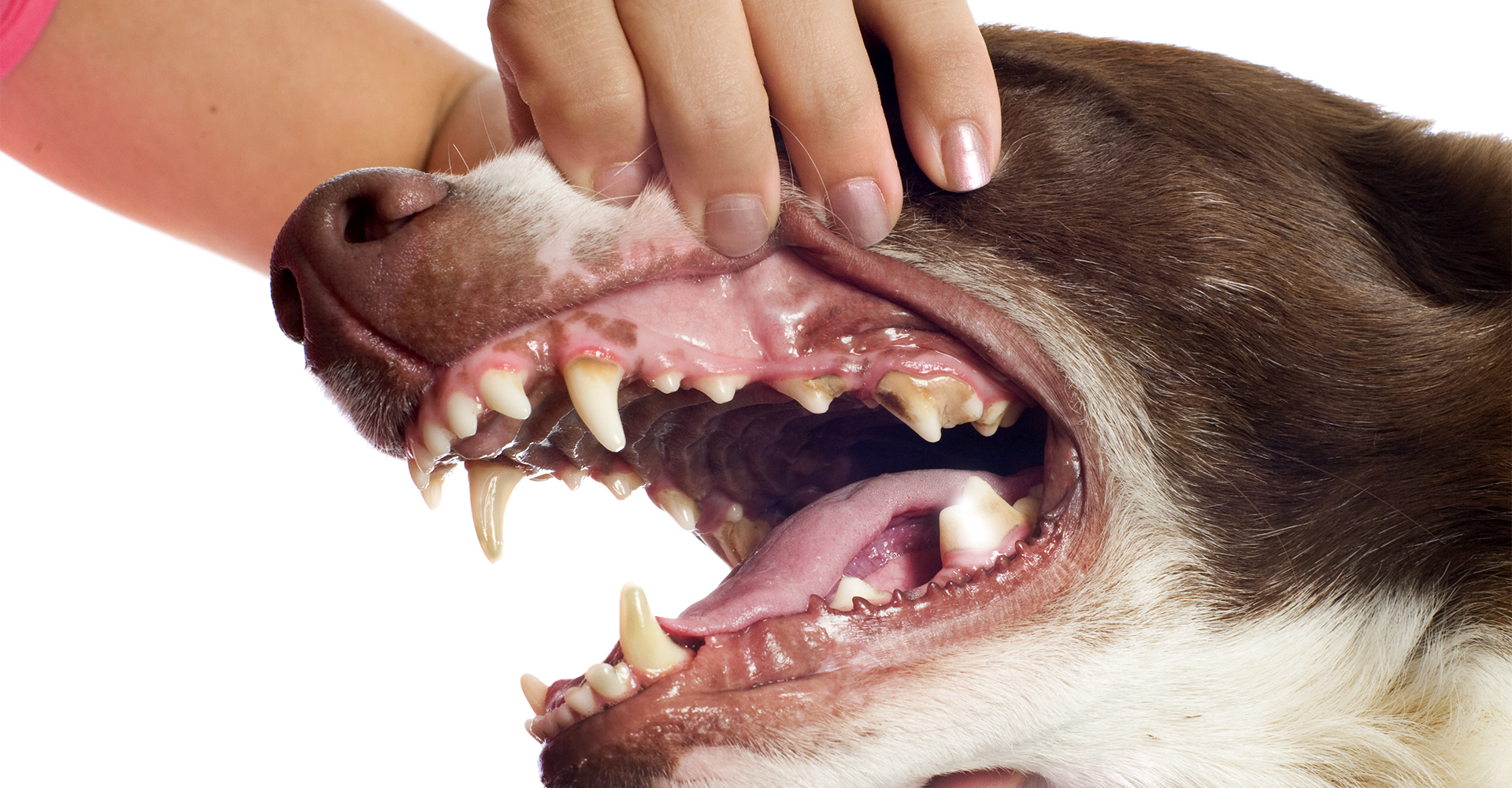
Dental issues are common in small animal practices, but some veterinarians may wish they knew more about dental health and procedures. Dr. Brook...
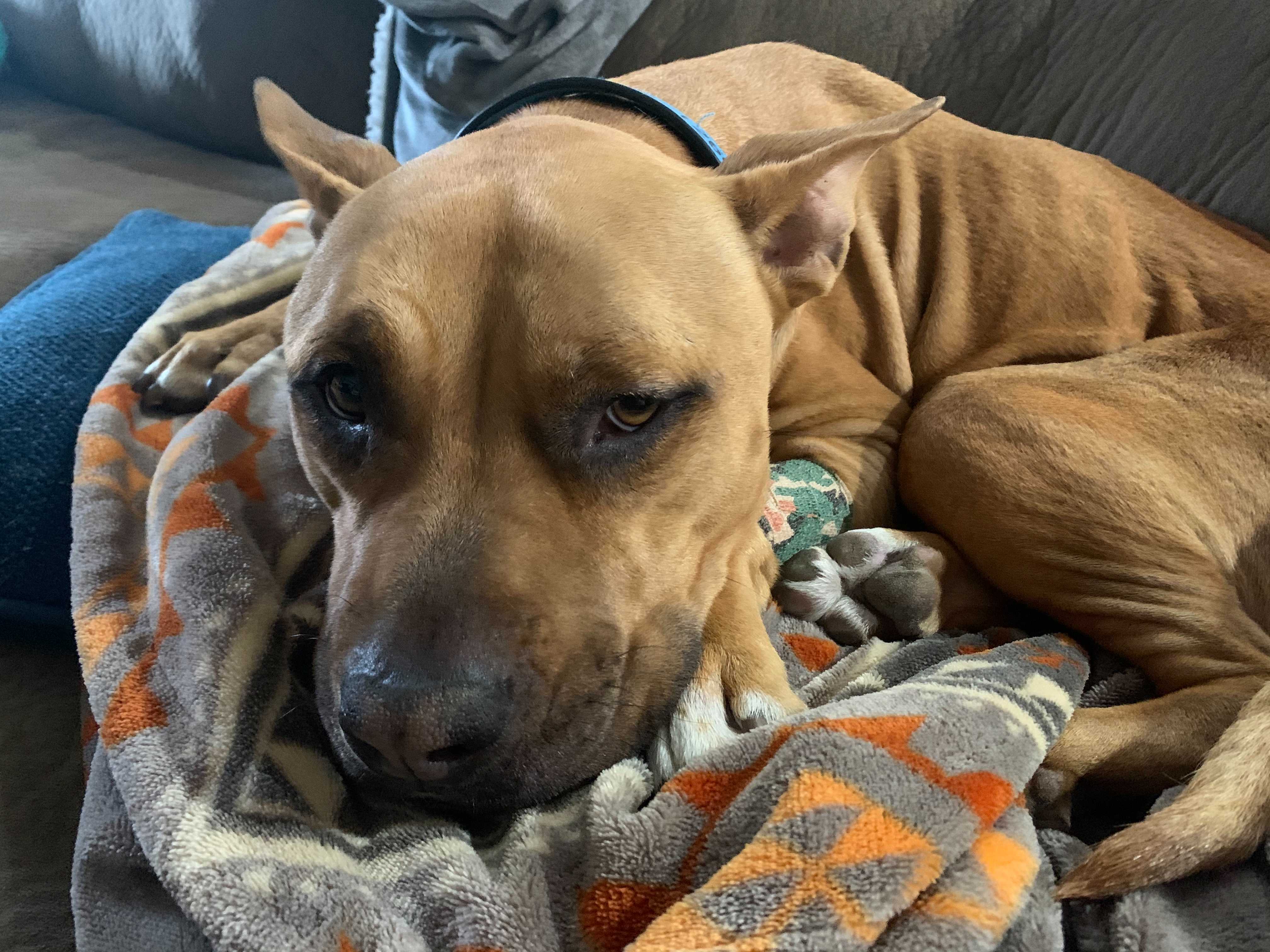
Cookie was unusually lethargic and not eating, but no one knew what was wrong. Luckily, a Viticus Group team member found the cause of the problem.